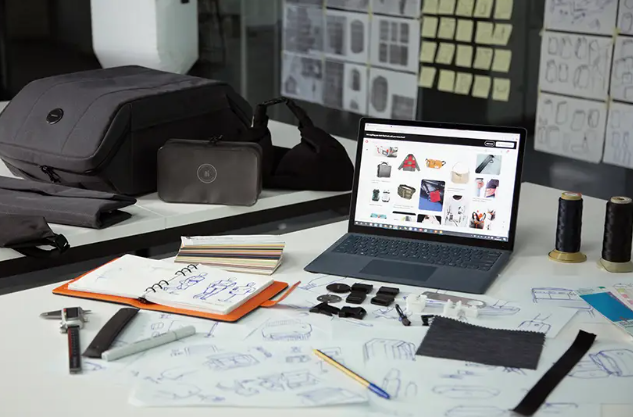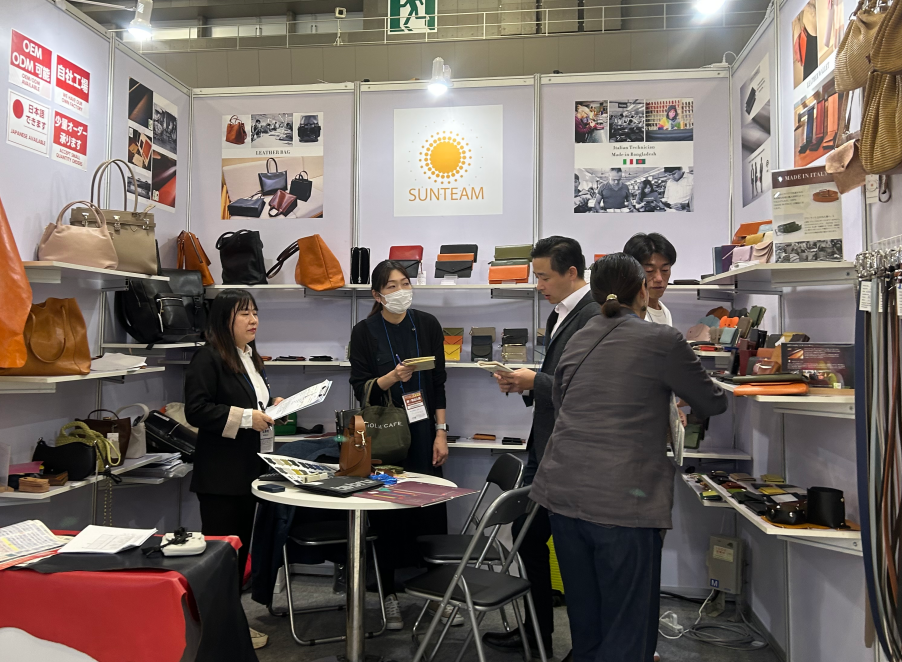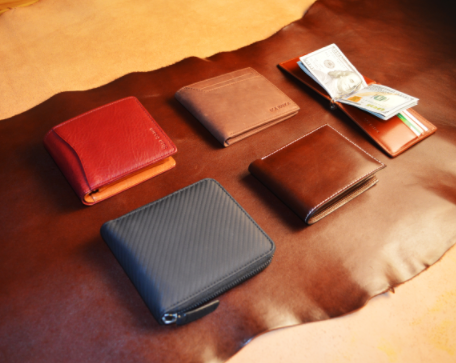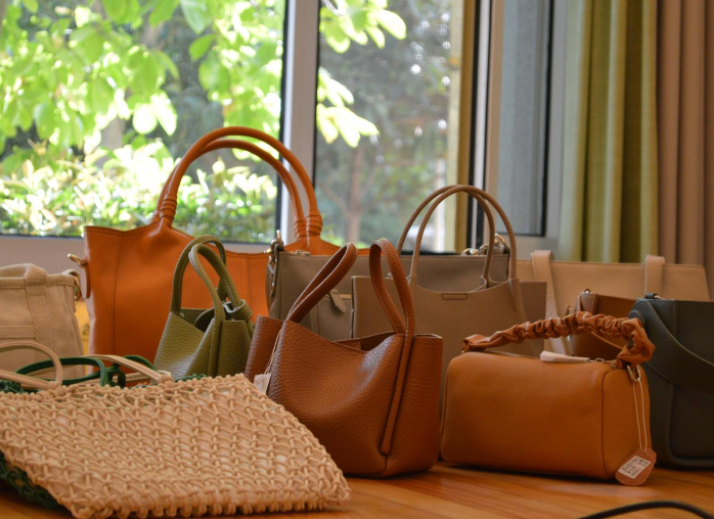Firstly, there are various types of companies involved in the manufacturing of handbags, including factories and custom bag wholesale manufacturers, which may handle inventory management or design products independently. For startups, finding custom handbag manufacturers is crucial, as they can assist in creating your own product line using high-quality materials while managing the production process to align with your business model needs, ensuring both efficiency and product quality.
Define Your Requirements before Find a Bag Supplier
Looking for a custom bag manufacturer, it’s important to define your needs clearly. This will help you find the right partner. Here are the key factors to consider:
| Category | Details |
|---|---|
| Product Specifications |
|
| Production Capacity |
|
| Quality Standards |
|
| Customization Capabilities |
|
| Lead Times |
|
| Pricing Targets |
|
| Ethical and Sustainability Requirements |
|
By getting my requirements straight, I can find manufacturers who actually get my business vision—no more guessing games or mismatched partnerships!
The Ways to Research and Networking with Bag Manufacturer
Finding the right custom bag manufacturer can be challenging. It takes patience, research, and sometimes, a few connections to find the right one. But it’s worth it. From my experience, the best way to connect with quality suppliers is by attending industry events, using online networks, and staying curious. It’s like making a new friend, but with more fabric and stitching!
| Category | Details |
|---|---|
| Attend Trade Shows |
|
| Join Online Communities |
|
| Use Online Directories |
|
| Connect with Other Startups |
|
| Leverage Social Media |
|
| Consult Industry Experts |
|
| Research Local Manufacturing Associations |
|
Finding the right bag manufacturer can feel like searching for a unicorn, but with the right approach, it’s totally doable. Start by attending trade shows like MAGIC in Las Vegas or Première Vision in Paris, where you can shake hands with suppliers and inspect their products up close. If traveling isn’t an option, online directories like MFG.com and Maker’s Row let you browse verified manufacturers from your couch. Meanwhile, industry forums and startup networks such as The Bag Makers Forum or CFDA Fashion Incubator can provide insider recommendations. Social media is another goldmine—searching hashtags like #bagmanufacturer on Instagram or LinkedIn can lead you to potential partners. For those who want expert guidance, hiring a sourcing agent (yes, it costs money, but it can save you from costly mistakes) might be the way to go. And don’t forget to check local manufacturing associations in fashion hubs like New York, Los Angeles, China, or Italy for top-tier suppliers.
I still remember my first trade show experience—full of excitement, armed with business cards, and ready to conquer the world. I walked up to a booth showcasing gorgeous leather bag production, shook hands with the supplier, and confidently asked, “So, do you manufacture bags?” The guy gave me a puzzled look and said, “No, we sell Italian coffee beans.” Lesson learned: always read the booth signs before launching into your pitch! Eventually, I found a fantastic supplier (who actually makes bags), learned how to compare quality on the spot, and even picked up some negotiation tricks along the way.
The key to finding the right supplier is diversifying your approach—don’t rely on just one method. Whether it’s through networking, online research, or attending events, the more connections you make, the better your chances of landing the perfect manufacturing partner!
These associations often provide supplier directories, making it easier to find bag manufacturers in key locations.
Considerations when finding handbag manufacturers for startups
Working with custom bag manufacturers from Bangladesh bag factory, it’s important to address key details to ensure a smooth collaboration and prevent misunderstandings. Here’s what to focus on:
| Category | Details |
|---|---|
| Pricing Structure |
|
| Minimum Order Quantities (MOQ) |
|
| Production Timeline |
|
| Quality Control |
|
| Intellectual Property Protection |
|
| Customization Options |
|
| Shipping and Logistics |
|
| Exclusivity |
|
| Cancellation and Rework Policies |
|
| Long-term Partnership Incentives |
|
Real-World Example
A European travel brand partnered with Sunteam for a premium leather passport holder. Initially hesitant due to high MOQs, we offered a 300-unit starting batch with flexible pricing. After a successful launch, the brand increased orders to 1,500 units per season. Our streamlined production, customized embossing, and on-time delivery helped them scale efficiently while maintaining quality.
By structuring agreements clearly and putting everything in writing, Sunteam ensures reliability and long-term success for our partners. Our team is ready to support your brand with seamless manufacturing solutions—reach out to discuss your next project!
Conclusion
The right custom bag manufacturer is an important step for a startup’s success. Startups should focus on key factors like product quality, customization options, pricing, and delivery times when selecting a manufacturer. It’s also crucial to work with manufacturers who follow sustainable and ethical practices, as these are highly valued by consumers.
Key Benefits of Working with the Right Manufacturer
- Products that reflect your brand identity
- Strong market differentiation and a competitive edge
- Ability to adapt to customer preferences
- Cost-effective solutions with economies of scale
- Efficient production processes
Examples of successful manufacturers include Sunteam for large-scale bag supplier, ISM Italia Srl for boutique-style bag manufacturer, and Cut and Stitch Ltd for bag wholesale needs. By partnering with the right bag manufacturer, startups can create standout products and fuel growth.





Recent Comments